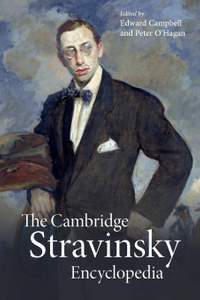Not writing anything myself at the moment as work is sapping my creative energies


 . I'm afraid those who bought my novel will maybe have to wait quite a while for the 3rd book in The Ventos Conspiracy series.
. I'm afraid those who bought my novel will maybe have to wait quite a while for the 3rd book in The Ventos Conspiracy series.


 . I'm afraid those who bought my novel will maybe have to wait quite a while for the 3rd book in The Ventos Conspiracy series.
. I'm afraid those who bought my novel will maybe have to wait quite a while for the 3rd book in The Ventos Conspiracy series.

Leave a comment: